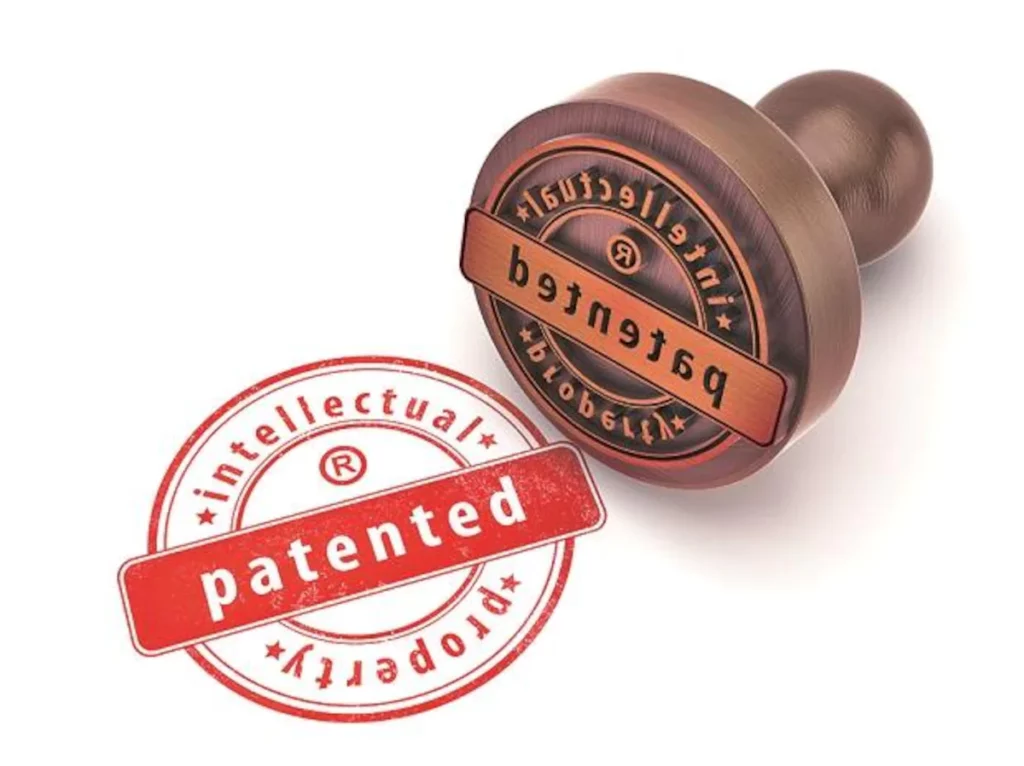According to the USCC report, India’s overall position on IP protection has improved.

In the tenth edition, India’s overall score improved from 38.40 percent (19.20 out of 50) in the ninth edition to 38.64 percent (19.32 out of 50) in the tenth edition.
According to an annual survey released on Thursday by the prominent US Chambers of Commerce, India’s total IP score has risen from 38.4 percent to 38.6 percent, as well as the country is now rated 43 out of 55 countries mostly on International Intellectual Property Index.
In the tenth edition, India’s overall score improved from 38.40 percent (19.20 out of 50) in the ninth edition to 38.64 percent (19.32 out of 50) in the tenth edition. According to the research of the US Chambers of Commerce’s Global Innovation Policy Center, this represents a higher score on indicator 32.
Within International IP Index, India is placed 43rd out of 55 countries.
The Study of India’s Intellectual Property Rights Regime was published by the Parliamentary Committee on Commerce in July 2021. According to the report, this evaluation is a “positive move” that provides a “complete and exhaustive study of the strengths and shortcomings of India’s national IP ecosystem.”
It is the first major attempt since 2016 and the National Intellectual Property Rights Policy to analyze the state of India’s IP policy regime, according to the chamber.
Innovators and creators, according to the research, are continuously competing to deliver the best and brightest tomorrow.
They’re rushing to build the answers we’ll need to address pressing global issues including public health, cultural development, environmental sustainability, and economic inequality. Intellectual property (IP) regulations can either encourage or discourage inventors and artists, according to the report.
Governments must choose between risky policies that roll it back domestic and international IP safeguards and deprive their economy of the numerous benefits that a strong IP ecosystem provides, or they might embrace the several benefits that strong IP ecosystems bring. Alternatively, they can make deliberate policy decisions to invest in their IP framework until every person with an idea does have a fair shot of leadership, success, and, eventually, tomorrow, according to the paper.